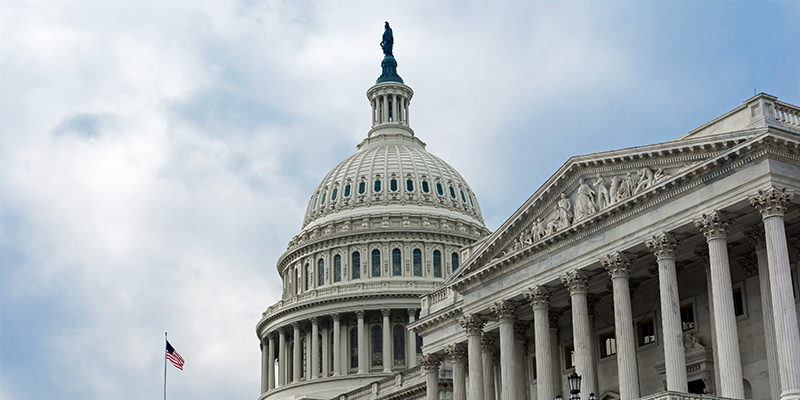In today’s political environment, the idea of simplifying our nation’s tax code has become a stated goal of both Republicans and Democrats. Despite some differences between the parties, in general a consensus has developed that lower tax rates, particularly for corporations that have to compete internationally, and a broadening of the tax base by eliminating specific industry preferences would lead to greater economic growth and an increase in jobs.
But as most observers of the nation’s politics understand, there is a reason we have not had a major rethinking of our tax laws for over 30 years. Comprehensive tax reform is extremely difficult. Eliminating tax preferences for certain economic activity may sound fine in theory, but oftentimes it can cause untold economic disruption to businesses that have made investment decisions based on existing tax law – a problem in public policy known as “path dependency.”
Despite these challenges, after the 2016 election confidence was high that the stars had finally aligned politically for a successful rewrite of our tax code. The White House, Senate and the House of Representatives were held by the same party. A pro-business president had made tax reform a top campaign theme. The Speaker of the House, a former chairman of the tax-writing committee, was intent on accomplishing his long-held goal of designing a 21st Century tax system. And the Senate had made it clear that the code had to be reformed to address the competitive disadvantage faced internationally by U.S. corporations. The odds of tax reform happening this year were said to be high.
The political laws of gravity, however, have a way of bringing things down to earth. Case in point: the provision included in the House GOP’s blueprint for tax reform, fundamental to the plan, that would tax imports while reducing taxes on exports. The so-called “border adjustment tax” has become a flash point that threatens to stymie tax reform.
The U.S. is the only one of the major industrialized nations that uses a “worldwide” tax system rather than a “territorial” tax system. This means U.S. products that are exported are taxed twice – once by the country in which they are sold, and a second time when profits are repatriated to the U.S. Other nations follow a “destination-based” approach and tax only goods consumed in their country, not those goods that are exported for sale overseas. Our tax system disadvantages American products internationally, encourages imports over exports, and is an incentive for U.S. corporations to move jobs and keep profits overseas.
The House GOP border adjustment tax would:
- Impose a tax on imported goods by disallowing business from deducting the cost of those goods from their income. The effect is to impose a 20 percent tax on imports (the corporate tax rate in the House plan).
- Eliminate taxes on goods for export, thereby eliminating incentives for corporations to keep their profits overseas or to move operations to other countries as a result of tax laws.
- Increase federal revenues by an estimated $1.1 trillion over the next decade, allowing a much greater reduction in corporate tax rates.
Businesses that manufacture for export like the plan. Major importers – many of whom are retailers, hate it. In fact, the National Retail Federation last week ran a parody border adjustment commercial on NBC’s Saturday Night Live, a show known to be watched by President Trump, as part of a major industry campaign against the border adjustment tax.
Senate Republicans have already voiced strong opposition to the idea. Arkansas Senator Tom Cotton, whose constituency includes Walmart, a major importer, said of the border tax, “Some ideas are so stupid, only an intellectual could believe them.” South Carolina Senator Lindsey Graham said that the House GOP plan likely dead in the Senate and would not get 10 votes.
The Trump White House is divided on the issue. Some see the tax as fitting in with Trump’s message of economic nationalism. However, the president’s economic advisor during the campaign, Stephen Moore, has written that Republicans should abandon the border adjustment tax as it has become a major distraction. For his part, President Trump has given mixed signals, first saying the idea was too complicated, but later expressing openness to the idea after meeting with Speaker Ryan. For the border adjustment tax to survive, it will need unqualified support from the White House.
Without the revenue generated by the tax, Congress and the White House will need to look elsewhere if they are to cut taxes substantially, and this puts important provisions like Section 1031 like-kind exchanges and capital gains treatment for carried interest at increased risk of elimination – not for sound tax policy reasons, but simply for money. The choices will be difficult, and the road ahead for tax reform even more challenging than once thought.














